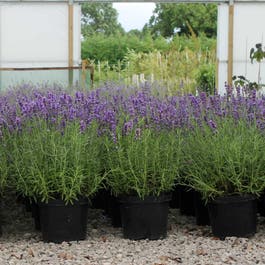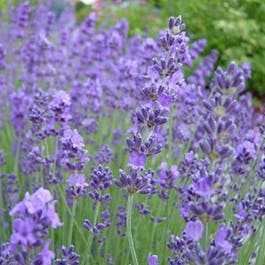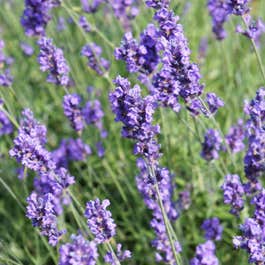It looks like 2020 is set to be the year when the world begins to really understand the importance of getting to grips with climate change. As general consensus is beginning to change and we are all beginning to become aware of the need to be energy efficient it is important that in addition to governments and businesses, we all adapt everything in our daily lives to be better for the planet as well.
Doing what we can to make our homes and gardens more energy efficient is important, and often nothing radical is needed – just a series of small changes. Our gardens are important to us, and with this in mind, here are some tips on how to be a more energy-efficient gardener in 2020:
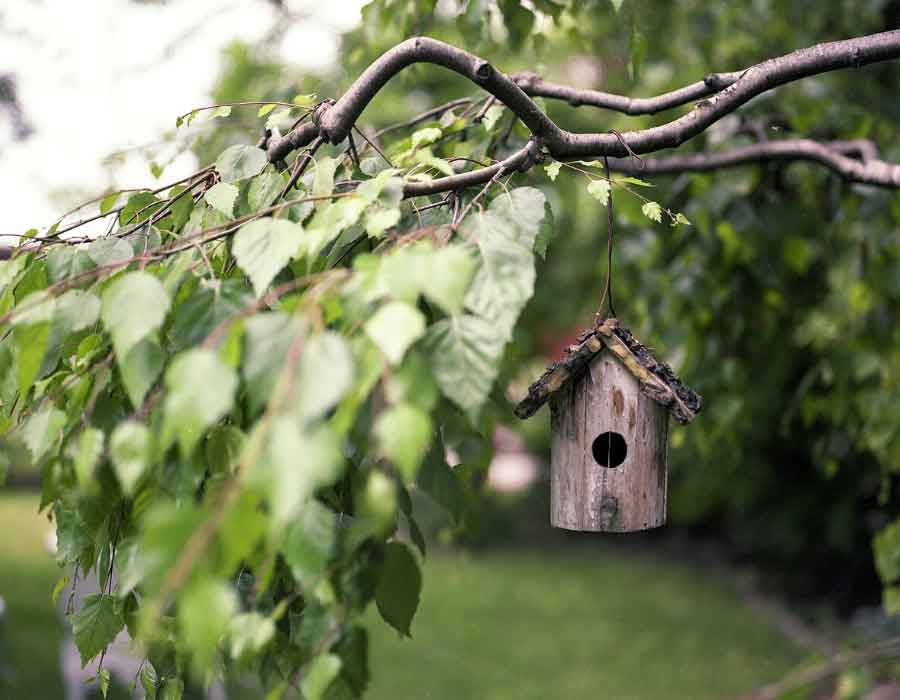

1. Make your home energy efficient
Before you even venture out into the garden it is important that your home is as energy-efficient as possible. This means measures like insulating the walls and roof, having water-saving measures, low energy appliances and an up-to-date and efficient boiler. According to Nexus Energy Solutions, having an energy performance certificate (EPC) carried out “provides a detailed understanding of how your property uses energy and how any prospective buyer or tenant can save money on energy bills and help fight back against climate change.”
With the knowledge gained through an EPC, you can begin to put in measures to make your home more energy-efficient.
2. Ditch the gas or electric machinery
Whether you are using an electric lawnmower or gas-powered rototiller, you might be using energy unnecessarily. Electric machinery is better for the environment than gas, but man-power is even better! There might, of course, be situations where you need powered machinery but there might be others where you can cut it out.
If you do have powered machinery make sure that it is properly kept and maintained to ensure that it is as energy-efficient as possible.


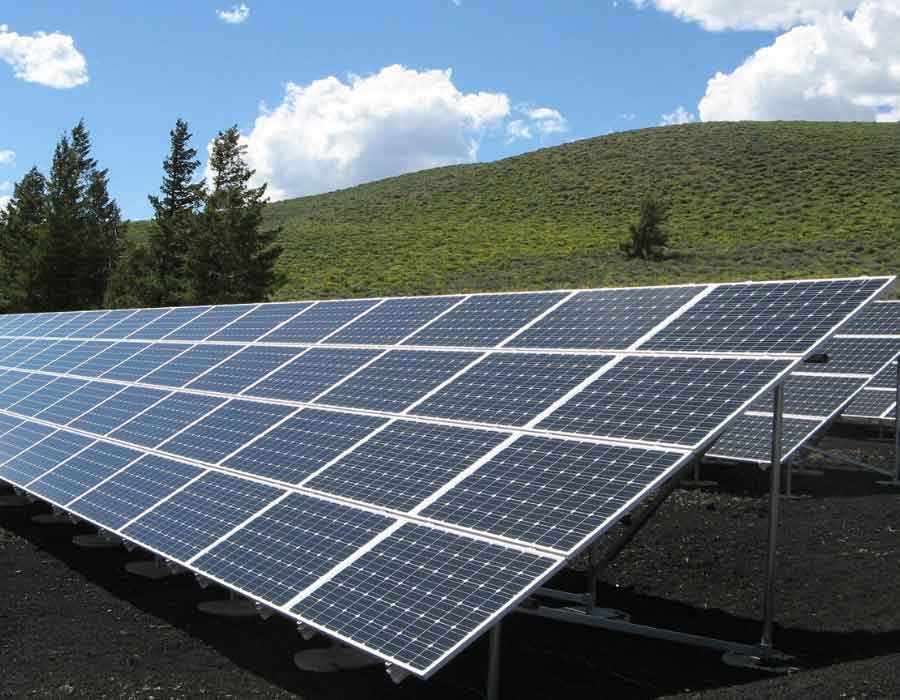

3. Solar lighting
If you spend a lot of time making your garden look beautiful then it’s only right that you should enjoy it too. Spending a summer’s evening in your garden is one of life’s simple pleasures, but you can enjoy what nature has to offer even more so if you’re not unnecessarily using energy to power lights in your garden.
Outside solar lighting can be found in many different forms and works by the panels being left to absorb the sun’s energy during the day, which then powers the lights by night.
4. Compost
Our food and garden scraps can be one of the most effective natural fertilisers that exist. Try giving up the chemical fertilisers and replacing them with compost made out of vegetable and garden waste. Simply collect vegetable peelings, used teabags, and garden waste, store them in a compost bin and after a time you can leave this decomposed plant material on your flower beds. You could also leave grass cuttings on the garden to act as a natural fertiliser. This is not only better for the environment, but it is also less expensive than buying chemical fertilisers.


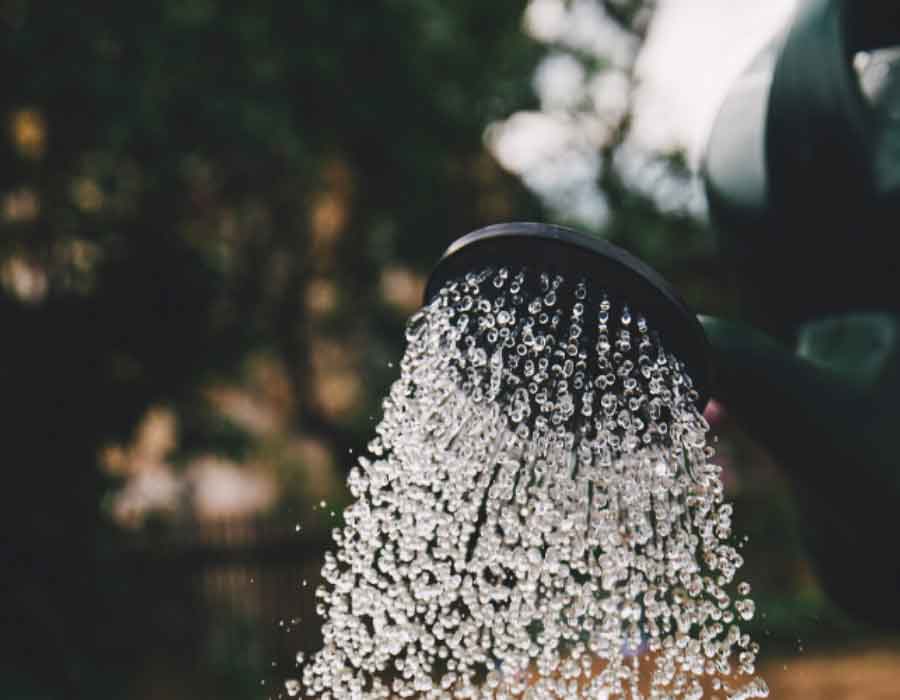

5. Water in the morning
Depending on where you live and how the weather is behaving you might need to water your grass or plants in your garden. The best time of the day to do this is in the morning. Watering in the heat of the day is inefficient as a higher amount of it evaporates and watering in the evening means that the dampness can last overnight and cause diseases in your lawn.
You should also look into rainwater harvesting systems, which can collect rainwater, which can then be used to water the plants in your garden. A simple water butt is a great place to start.
6. Plants
The plants that you choose to have in your garden can also make a difference in the energy efficiency of your garden and home. If you are going to plant trees, plant them somewhere that will protect your home by shading it, reducing heating costs in the winter.
You could also consider using plants that don’t require much water, such as coneflower, lavender, lantana, penstemon, and daylilies.
Another thing to think about is planting flora which is native to where you are living. This will encourage local wildlife and promote the ecosystems which are important to the future of our planet.
When it comes to being a more energy-efficient gardener there are plenty of small changes that can be made. This will not only often save you money and be healthier for you, but the planet will thank you for it too.
This is a guest blog post written by Ella Hendrix. Ella Hendrix is a versatile freelance writer currently covering articles on house renovations, homeware trends and gardening for beginners.



